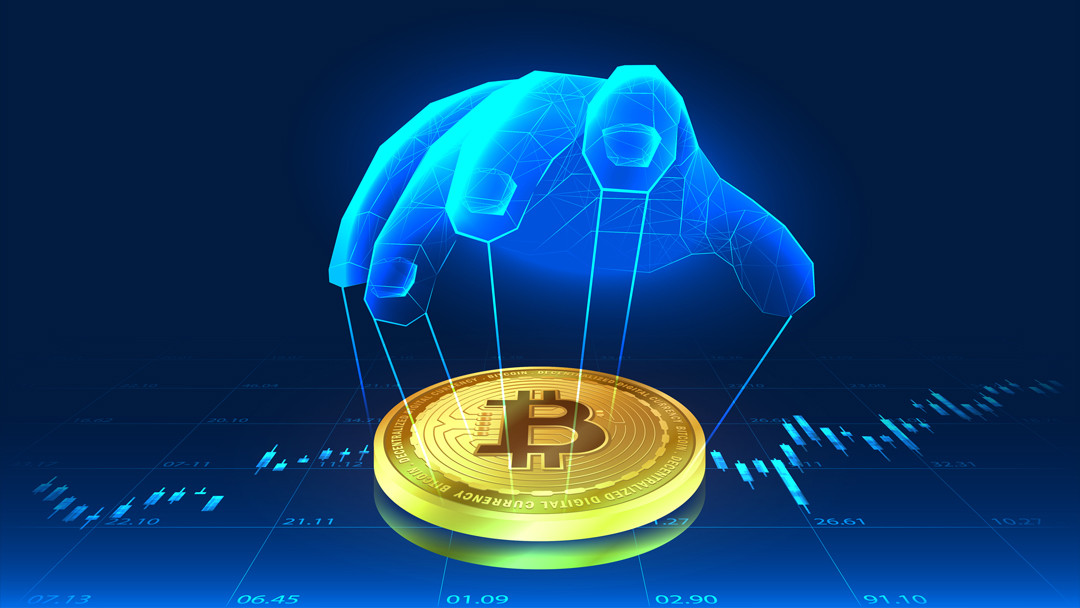
- By admin
- Aug 11,2024
Bitcoin Value: What Drives the Value of BTC?
For those wondering why Bitcoin is so valued by some, here are the factors that determine the worth people ascribe to it.
Why Is Bitcoin Valuable
Key Takeaways
- Bitcoin (BTC) has a limited supply of 21 million coins, creating scarcity—similar to precious metals like gold.
- Demand and market sentiment significantly impact Bitcoin’s value. Media coverage, regulatory changes, and global economic conditions can cause price fluctuations due to increased buying or selling pressure.
- Bitcoin’s value grows as it becomes a more globally accepted medium of exchange for goods and services.
- It’s also considered a store of value—acting as a hedge against inflation and economic instability, thanks to its decentralized nature and capped supply, which make it resistant to interference and manipulation.
- Competition from other cryptocurrencies can influence Bitcoin’s price, highlighting the need for thorough research before investing in this digital asset.
Bitcoin’s Financial Role
Bitcoin (BTC) has become a significant player in the global financial landscape, attracting investors, traders, and tech enthusiasts alike. As of April 2024, its market capitalization stood at over USD $1.2 trillion.
But what exactly makes BTC valuable? Let’s explore the fundamental factors behind Bitcoin’s rising prominence and its lasting appeal in the digital asset space.
What Determines the Value of Bitcoin?
Limited Supply
One of the key drivers of Bitcoin’s value is its limited supply. Unlike traditional fiat currencies, which can be printed endlessly by central banks, Bitcoin has a fixed maximum supply of 21 million coins. This built-in scarcity creates a sense of exclusivity, akin to gold. As long as demand increases while supply remains capped, upward price pressure is inevitable.
Demand and Market Sentiment
Bitcoin’s price is largely influenced by demand and investor sentiment. As awareness of Bitcoin’s potential grows, so does demand. Media coverage, political and regulatory developments, and macroeconomic conditions all play a role in shaping how people feel about the market.
This makes Bitcoin highly volatile—subject to sharp swings caused by news, speculation, and emotional trading decisions. Price spikes and crashes can happen in a matter of hours or days.
Medium of Exchange
Bitcoin’s growing adoption as a means of payment also drives its value. Thousands of merchants now accept Bitcoin for goods and services, helping it function more like a traditional currency.
Its borderless, decentralized nature makes it especially useful for cross-border transactions and remittances. Compared to traditional bank transfers, Bitcoin offers faster and cheaper transfers, though issues like network congestion and scalability still exist.
Store of Value
Many view Bitcoin as “digital gold”—a long-term store of value that can preserve purchasing power. Unlike fiat currencies that can be devalued through inflation, Bitcoin’s supply is finite and algorithmically controlled. This appeals to people looking to protect wealth from economic uncertainty, inflation, or capital controls.
Bitcoin’s decentralized structure means no central authority can manipulate it. That trust in neutrality is a big part of why some people use BTC as a hedge during times of financial instability.
Competition from Other Cryptocurrencies
While Bitcoin dominates the crypto market, it faces competition from other digital assets like Ethereum, Solana, and newer tokens. These alternatives may offer faster speeds, lower costs, or innovative features that attract users and investors away from BTC.
As a result, Bitcoin’s value can be impacted by shifts in attention or capital flows toward other promising blockchain ecosystems. This makes it important for potential buyers to research the entire crypto landscape before investing.



